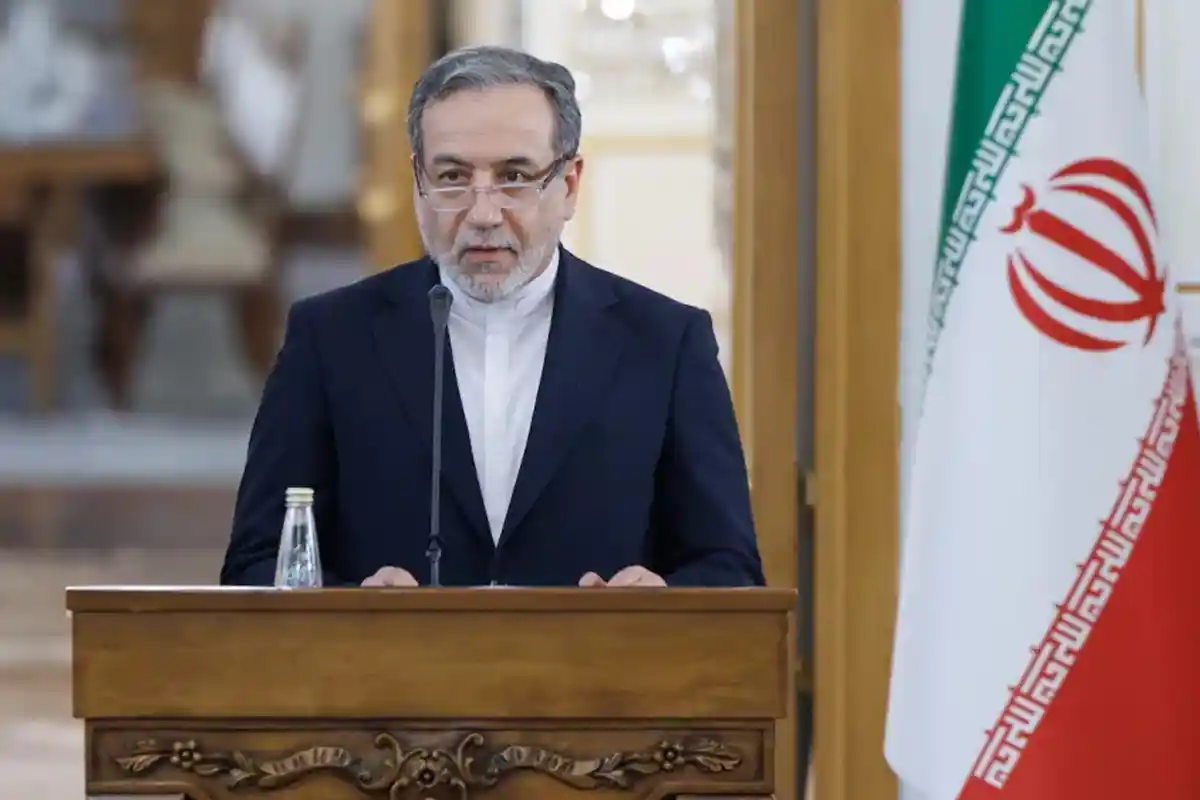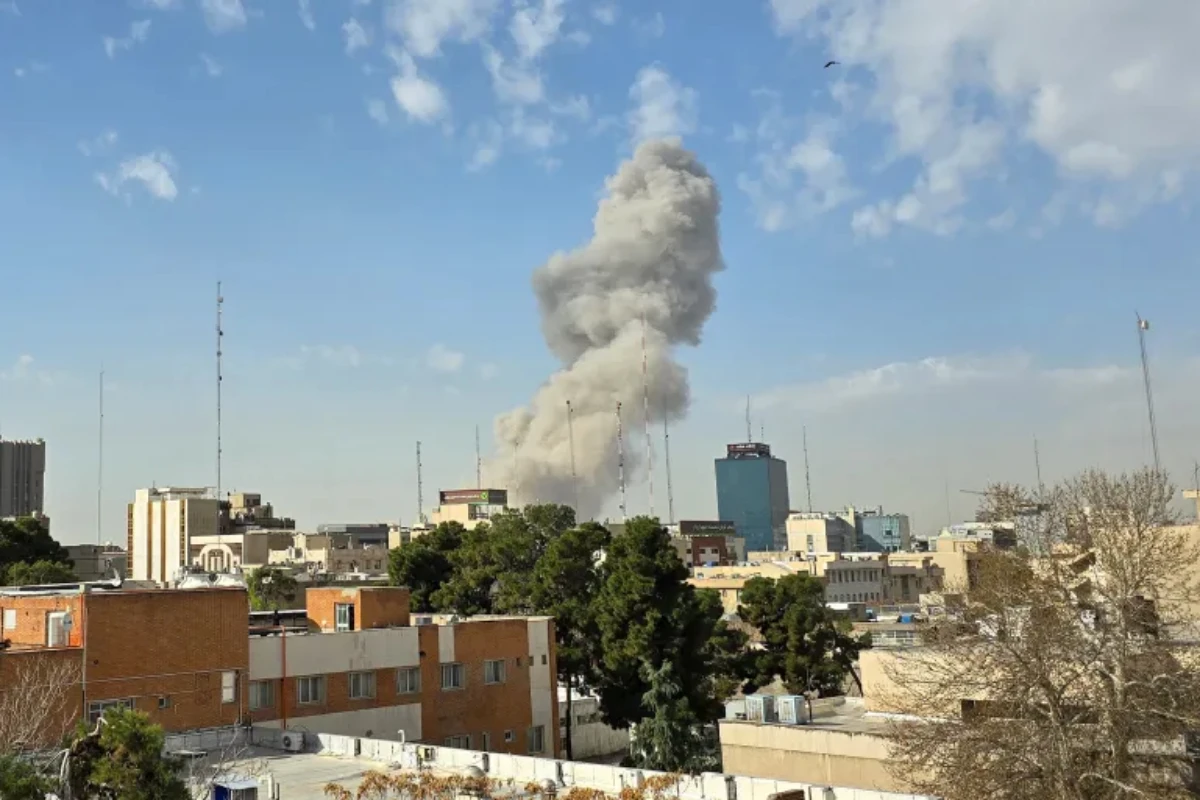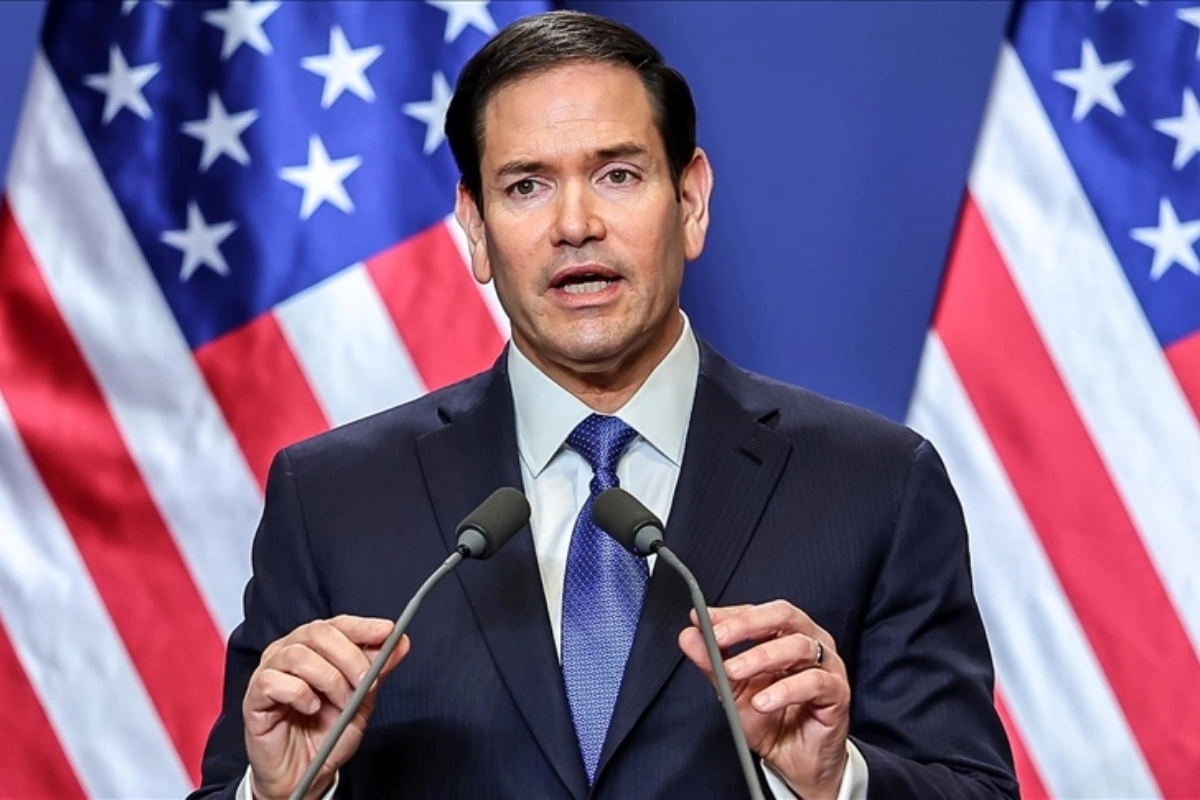Oil Flows at Risk as Supertankers Turn Back in Strait of Hormuz After US Strikes on Iran

Oil Flows at Risk as Supertankers Turn Back in Strait of Hormuz After US Strikes on Iran
Two massive crude oil carriers, Coswisdom Lake and South Loyalty, each with a capacity of roughly 2 million barrels, abruptly changed course in the Strait of Hormuz on Sunday.
According to Bloomberg’s vessel-tracking data, the tankers had entered the strait earlier in the day but turned back due to heightened tensions after US airstrikes targeted Iranian nuclear facilities. The growing threat to commercial maritime traffic in the area has raised alarm across the global shipping and energy sectors.
Strait of Hormuz: A Critical Energy Passage
Handling about 20 million barrels of oil daily—close to 20% of global oil consumption—and a similar volume of liquefied natural gas, the Strait of Hormuz is the most critical oil transit chokepoint in the world. Energy analysts warn that even a limited disruption could drive oil prices sharply higher, potentially soaring above $90–$100 per barrel.
Shipping Industry on High Alert
Major shipping firms, including Shell, are taking heightened precautions along Middle Eastern routes in response to the escalating conflict. Shell CEO Wael Sawan highlighted the risk of electronic interference near the strait, underscoring the growing unease across energy and logistics sectors.
Oil Prices React to Unrest
The oil market responded with increased volatility following the US military action. Brent crude briefly spiked above $80 per barrel before settling in the $77–$78 range. Although the Strait of Hormuz remains operational, the changes in shipping routes reflect underlying concerns and rising market anxiety.
Iranian Threats Add to Global Concerns
Following the US strikes, Iran’s parliament issued renewed threats about potentially closing the strait—a move Iran had previously hinted at. Market observers suggest the recent tanker diversions may signal a broader trend of rerouting or significant disruptions ahead.
A closure or even a partial block of the strait would have far-reaching impacts, likely triggering extended oil price surges, increased shipping and insurance costs, and broader inflationary effects on the global economy.
Why This Develops Matters
The diversion of major supertankers marks an early warning sign of growing commercial and geopolitical risk in a region central to global energy flows. With Israel and Iran exchanging attacks and the US now actively involved, the situation in the Strait of Hormuz is being closely watched by governments, energy companies, and investors alike. Any further escalation could carry serious implications for international economic stability.
Read More: North Korea Condemns US Strikes on Iran, Blames Israel for Regional Tensions
Catch all the World News, Breaking News Event and Trending News Updates on GTV News
Join Our Whatsapp Channel GTV Whatsapp Official Channel to get the Daily News Update & Follow us on Google News.











